Table of Content
▲
West Bengal's Banglar Bari Housing Scheme is a ground-breaking housing plan that was introduced by Chief Minister Mamata Banerjee on December 17, 2024. The purpose of this program is to assist in the construction of permanent homes for the rural residents of the state, especially those from economically disadvantaged areas.
The West Bengal government hopes that this charity scheme will improve the lives of numerous underprivileged households by replacing deteriorating mud homes with strong, long-lasting structures.
More than 28 lakh beneficiaries are anticipated to benefit greatly from the program, which will provide financial support for the construction of their "pucca" (permanent) homes.
The Banglar Bari program offers hope for stability and a higher standard of living by concentrating on giving financial assistance to the most underprivileged populations. Let's examine the essential information, requirements for eligibility, the application procedure, and much more.
What is the Banglar Bari Housing Scheme?
The Banglar Bari Awas Yojana is a significant welfare initiative launched by the West Bengal Government to enhance the housing conditions of economically disadvantaged families. The goal is clear: to provide monetary support to people who do not have access to safe and durable housing. The West Bengal government has allocated a sum of Rs 1.20 lakh per beneficiary to help them construct a pucca house. The funds will be distributed in two equal installments of Rs 60,000 each.
Also Read: PMAY-U 2.0: Apply Online for Your Affordable Urban Home Now
The initial payment of Rs 60,000 has already been credited to 12 lakh beneficiaries' bank accounts in 2024. In order to assist the remaining 18 lakh people in 21 districts in creating homes that would endure for many generations, the government hopes to reach them by 2026. Furthermore, financial aid will be significantly higher in distant places like Junglemahal and Darjeeling Hills, at Rs 1.30 lakh.
Giving families who have long lived in precarious situations a future is the goal of this program, not merely giving them money. By substituting sturdy, long-lasting buildings for mud cottages, the project is expected to significantly raise the standard of living for the rural poor of West Bengal.
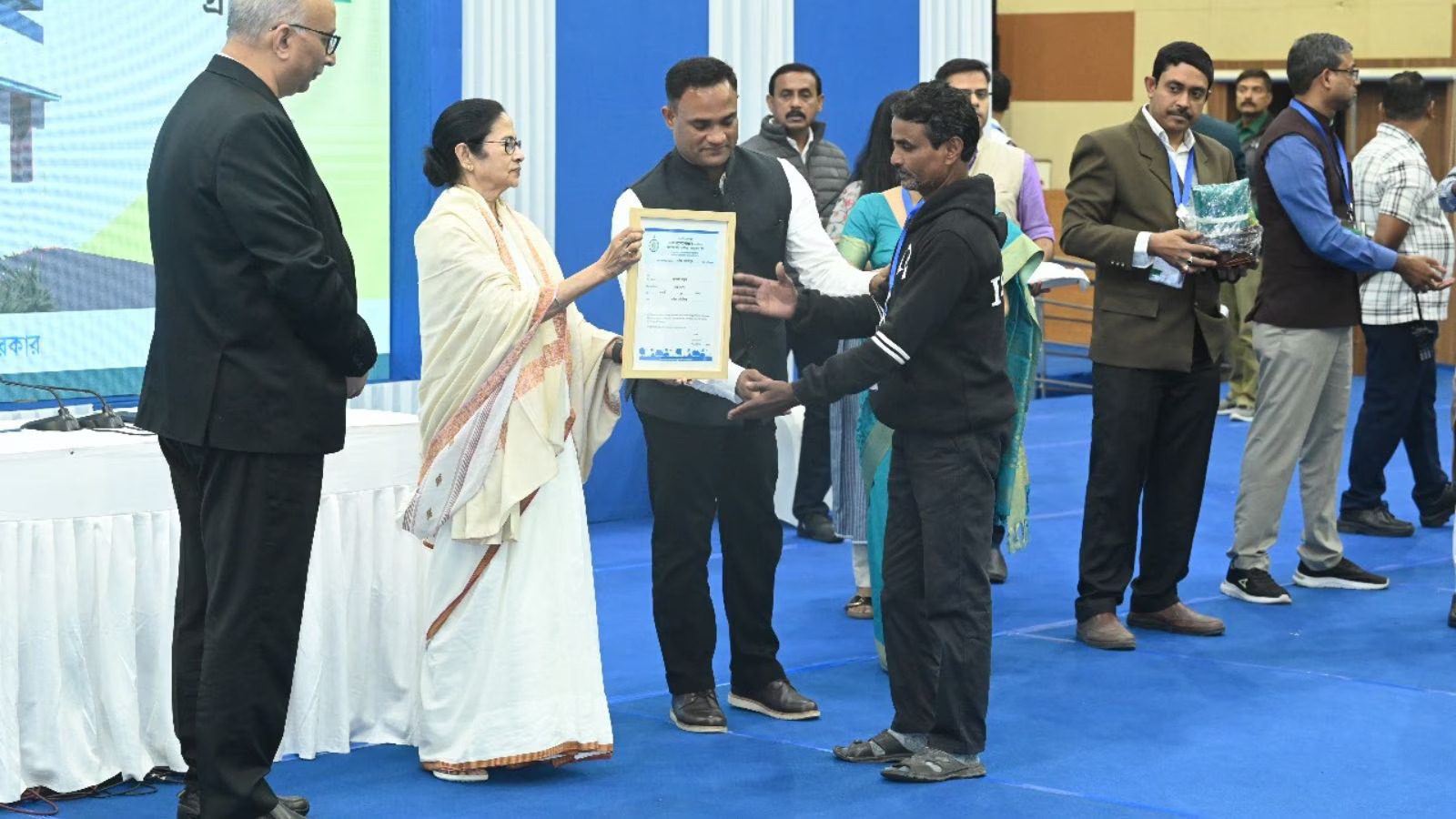
Eligibility Criteria for the Banglar Bari Housing Scheme
To qualify for the Banglar Bari Housing Scheme, individuals must meet certain criteria. Here are the key eligibility requirements:
- Economically Weaker Sections (EWS): The applicant must belong to the Economically Weaker Sections category.
- No Existing Permanent House: The applicant should not own a pucca or permanent house anywhere in India.
- Land Ownership: The applicant must own a piece of land where they plan to construct their new house.
These criteria ensure that the scheme reaches the most underprivileged families who truly need support in building a safe, permanent home.
The Banglar Bari Housing Scheme: How Do I Apply?
Interested candidates can begin the process by contacting their local urban and rural authorities. In addition to offering additional information on the necessary papers, these organizations will assist in identifying possible beneficiaries. To begin, residents should go to the official website of the State Urban Development Agency in West Bengal for comprehensive guidelines and the application procedure.
Upon being selected, candidates must provide the relevant paperwork and adhere to the guidelines in order to be eligible for financial aid for building their homes. Making sure that all of the information is correct and current is essential to preventing any delays in the distribution of funding.
Also Read: Dwarka Expressway: A New Era for Delhi-NCR Property Market
Banglar Bari Housing Scheme: Key Contact Details
If you have any questions or need assistance with your application, you can contact the Banglar Bari Housing Scheme officials at the following:
- Helpline Numbers:
- (+033) 2337 8723
- (+033) 2337 6226
- (+033) 2337 6229
- Email ID: wbsudadir@gmail.com
- Address: Ilgus Bhavan, HC BLOCK, Sector III, Salt Lake City, Kolkata, West Bengal 700106
These contact points are available for anyone seeking more information about the scheme or facing issues with the application process.
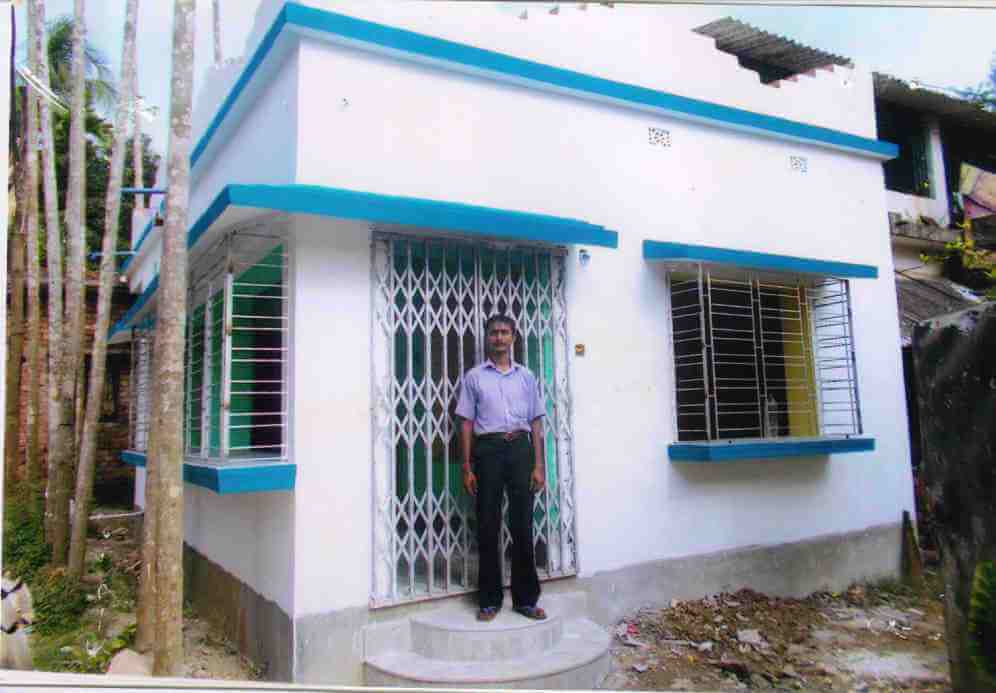
A Politically Charged Launch
The central government's funding allocation is a source of considerable political stress at the moment of the Banglar Bari scheme's debut. The Union government has been delaying the release of cash promised under the PM Awas Yojana for the last three years, which has angered Chief Minister Mamata Banerjee. In response, she stated unequivocally that the state government will use its own funds to pay for the housing program.
Despite the challenges, the West Bengal government has pressed forward with its initiative. Mamata Banerjee emphasized that the state will bear the entire cost, which is expected to be around Rs 14,773 crore. To ensure that no one is left behind, 12 lakh beneficiaries have already received the first installment of Rs 60,000. Another 16 lakh beneficiaries will receive their aid in two more phases—one in mid-2025 and the other by the end of the year.
In a recent speech, Mamata Banerjee pointed out the ongoing delays in central funding, noting that the state has been forced to take matters into its own hands to meet the housing needs of its people. She stated, “We are not beggars. We want our rights to be fulfilled.”
The Road Ahead for the Banglar Bari Housing Scheme
This ambitious housing project is expected to bring relief to millions of families in rural West Bengal. The government plans to complete the distribution of funds and house construction by the end of 2026. By then, the lives of many families will be transformed with access to a permanent, secure place to live.
The Banglar Bari Housing Scheme is more than just a financial handout. It’s a vision of a better, more equitable future for rural West Bengal. By providing financial support to build durable houses, the government is taking a crucial step toward bridging the gap between the urban and rural population in terms of living standards. It’s an important milestone in the journey toward improving the quality of life for the state’s most vulnerable communities.
For many rural families in West Bengal, the Banglar Bari Housing Scheme is a fresh start that gives them the opportunity to construct safe and long-lasting dwellings. With substantial financial support and political commitment, the program is expected to significantly improve the lives of more than 28 lakh beneficiaries. The program involves improving physical infrastructure and fostering social equality by meeting the housing requirements of economically disadvantaged groups. Rural Bengal appears to have a bright future thanks to the government's will to maintain this social program.
Also Read: How Namma Metro's Red Line Could Skyrocket Bengaluru Property Rentals

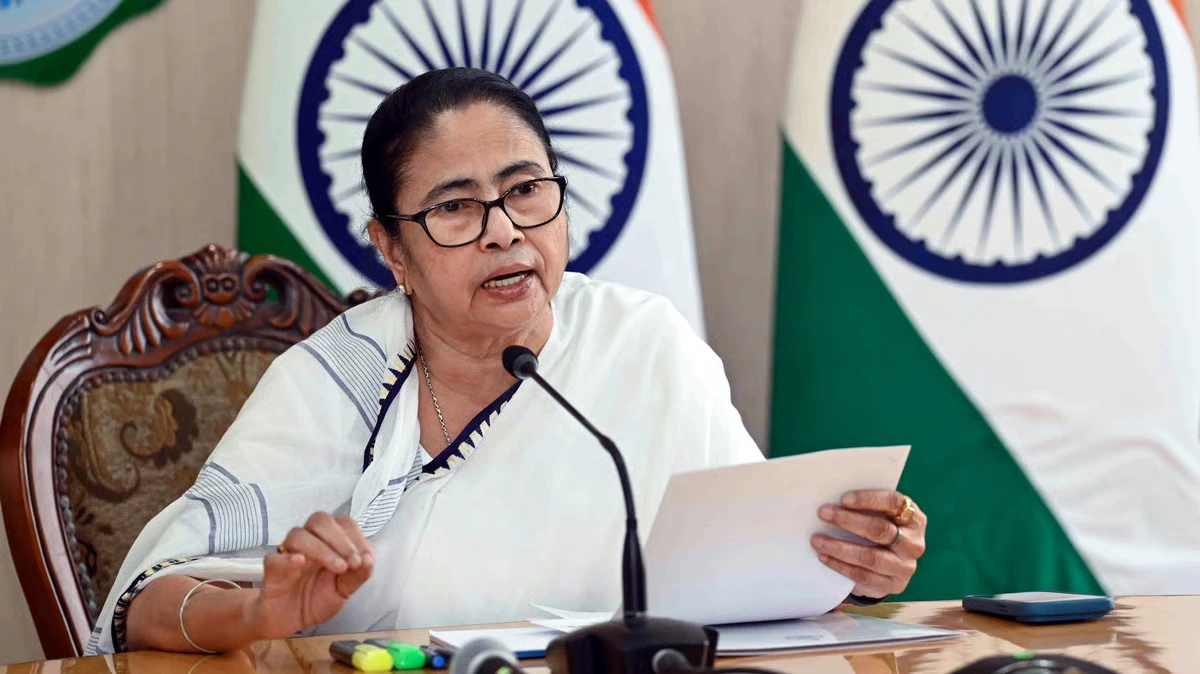
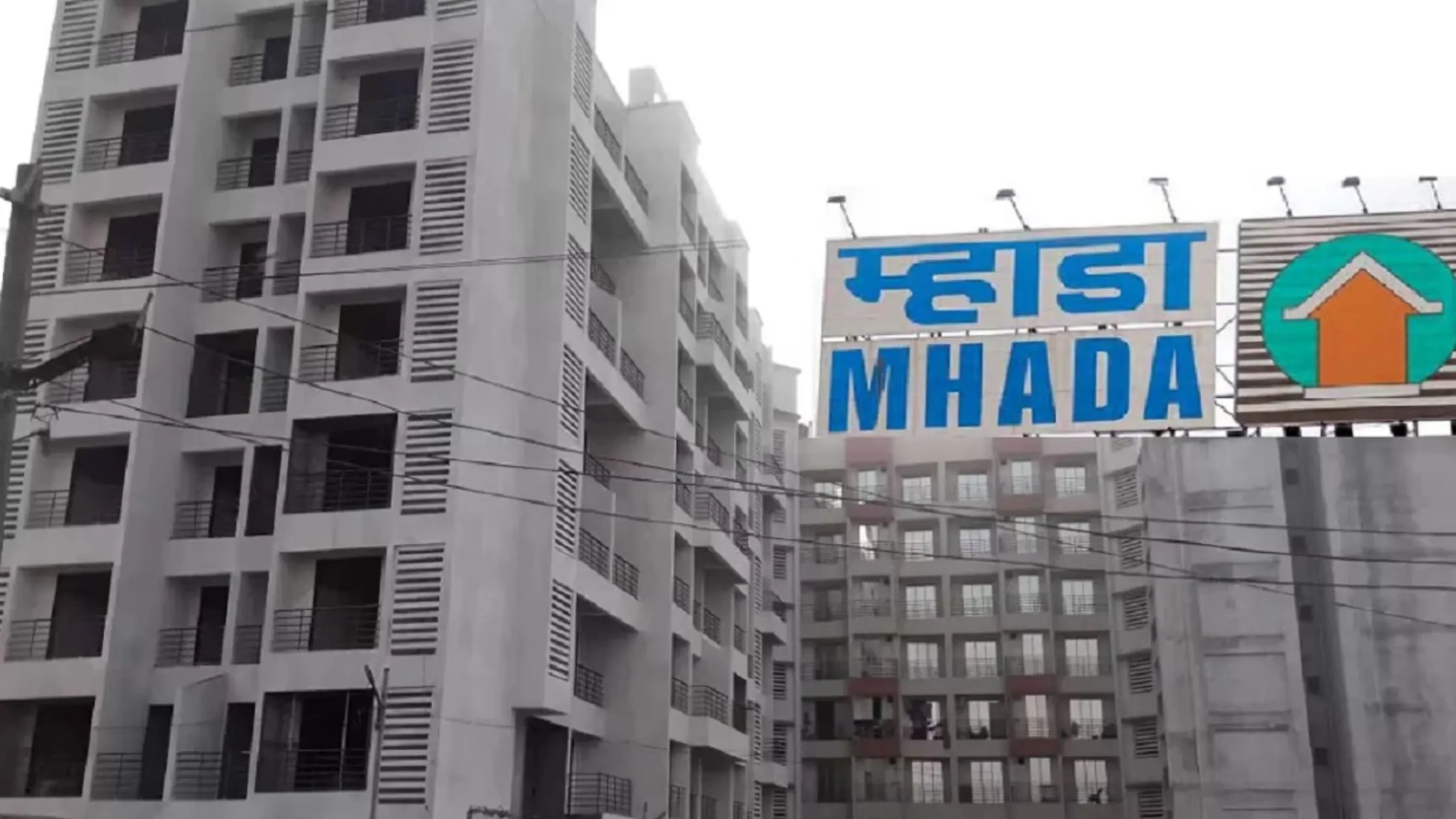
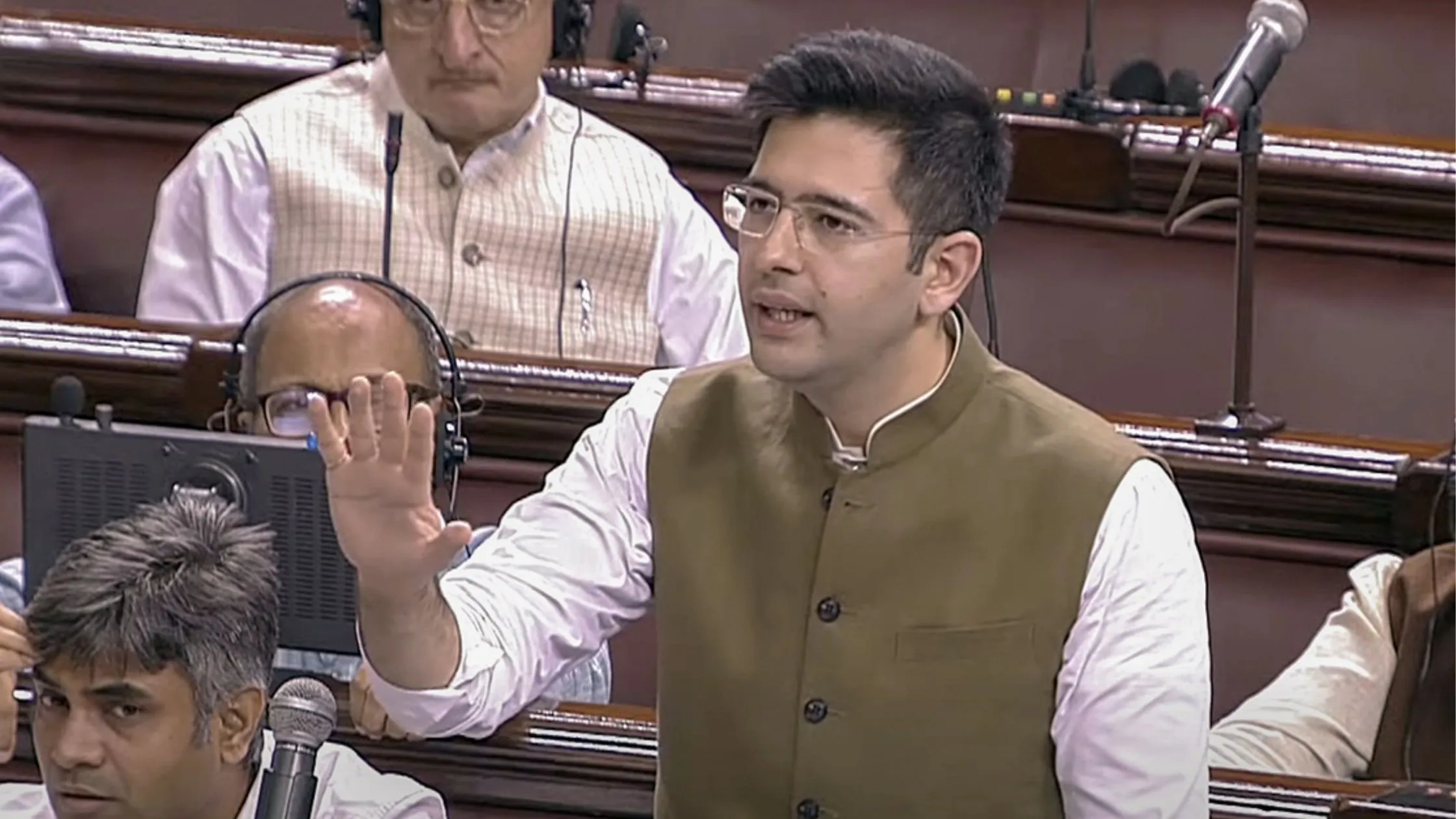
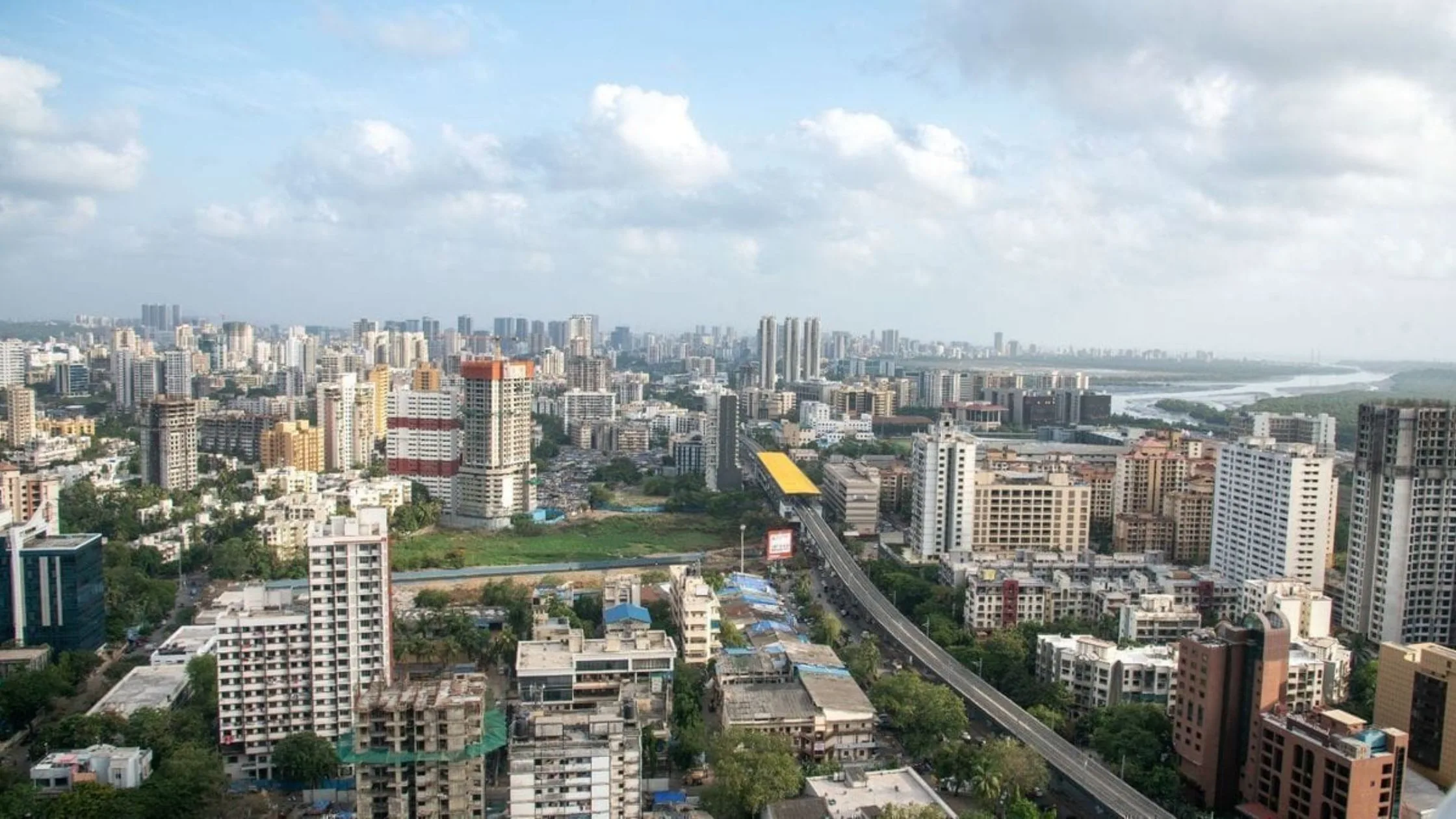
_1770284675.webp)
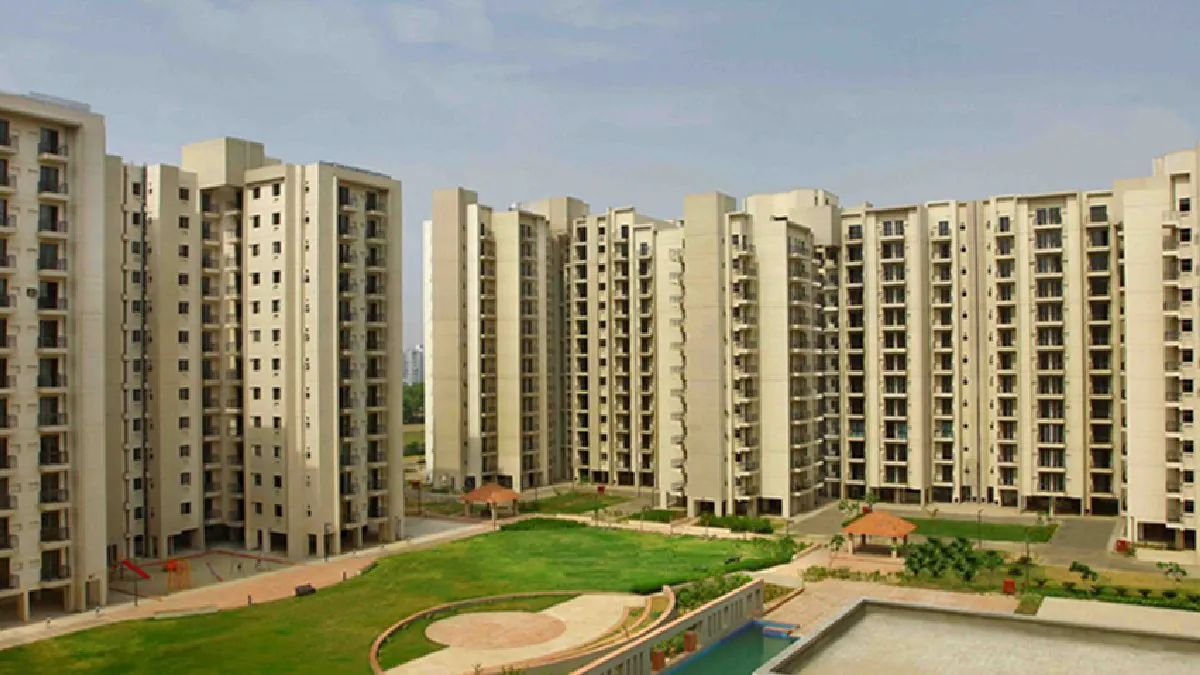
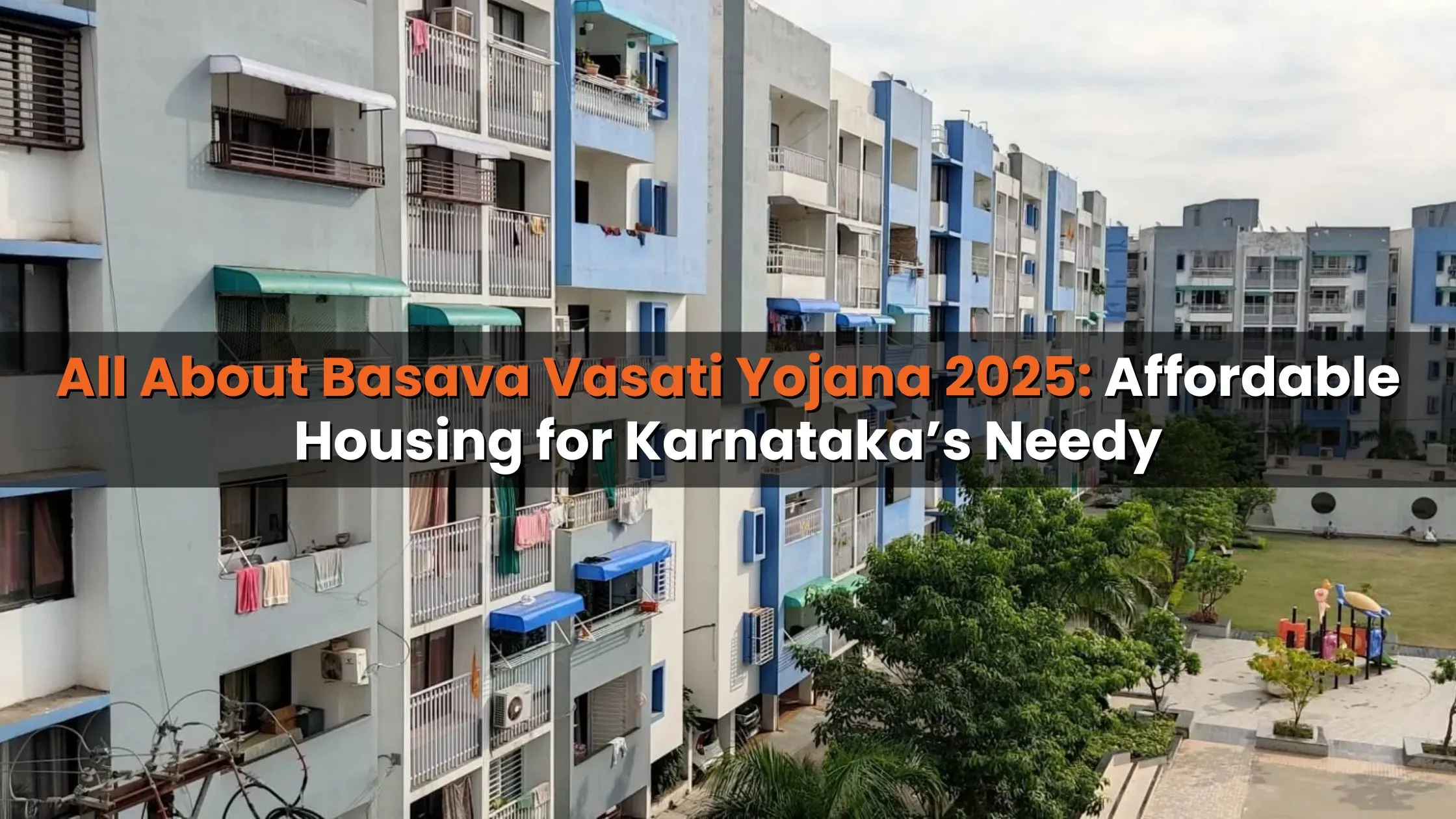

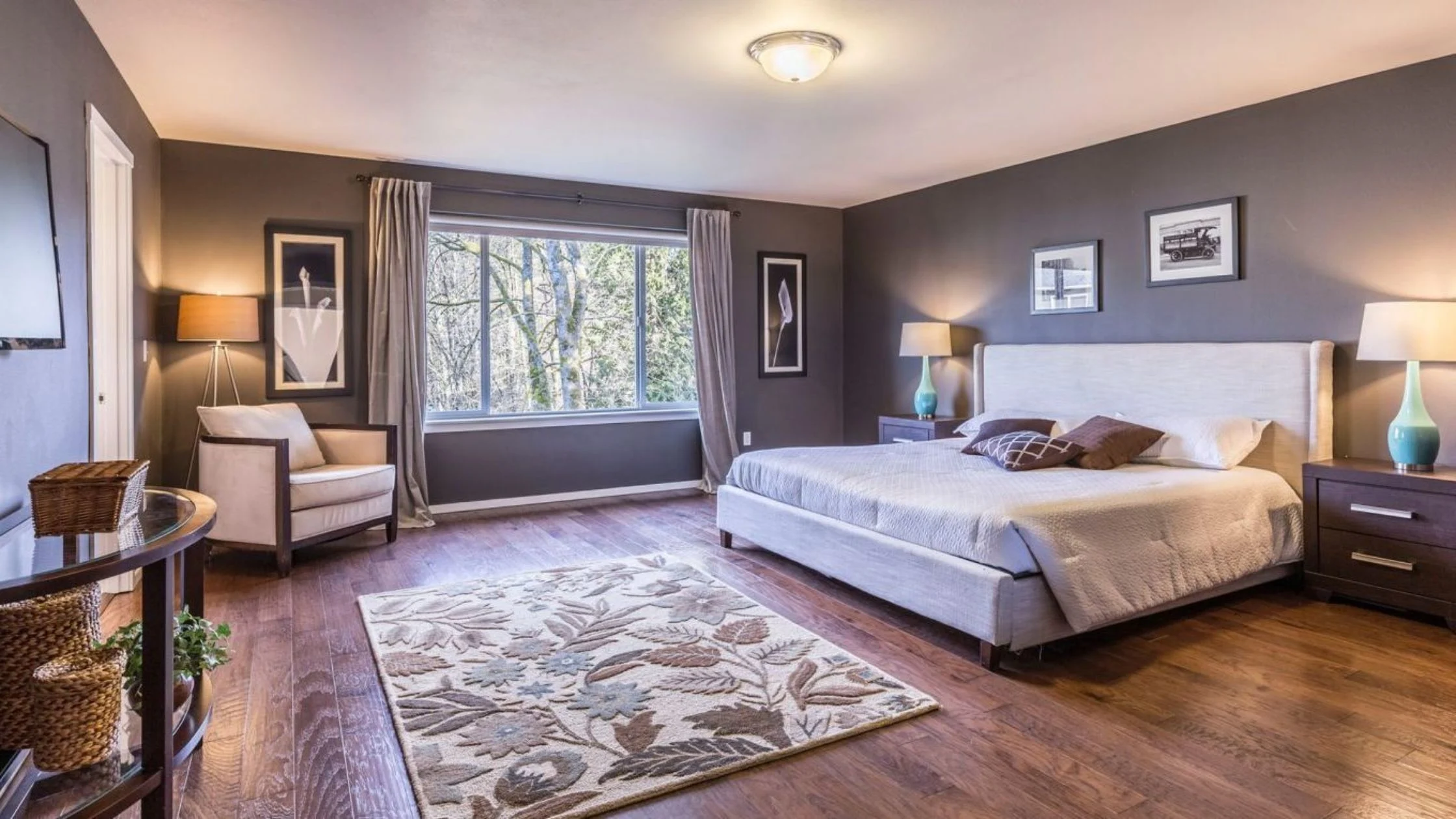
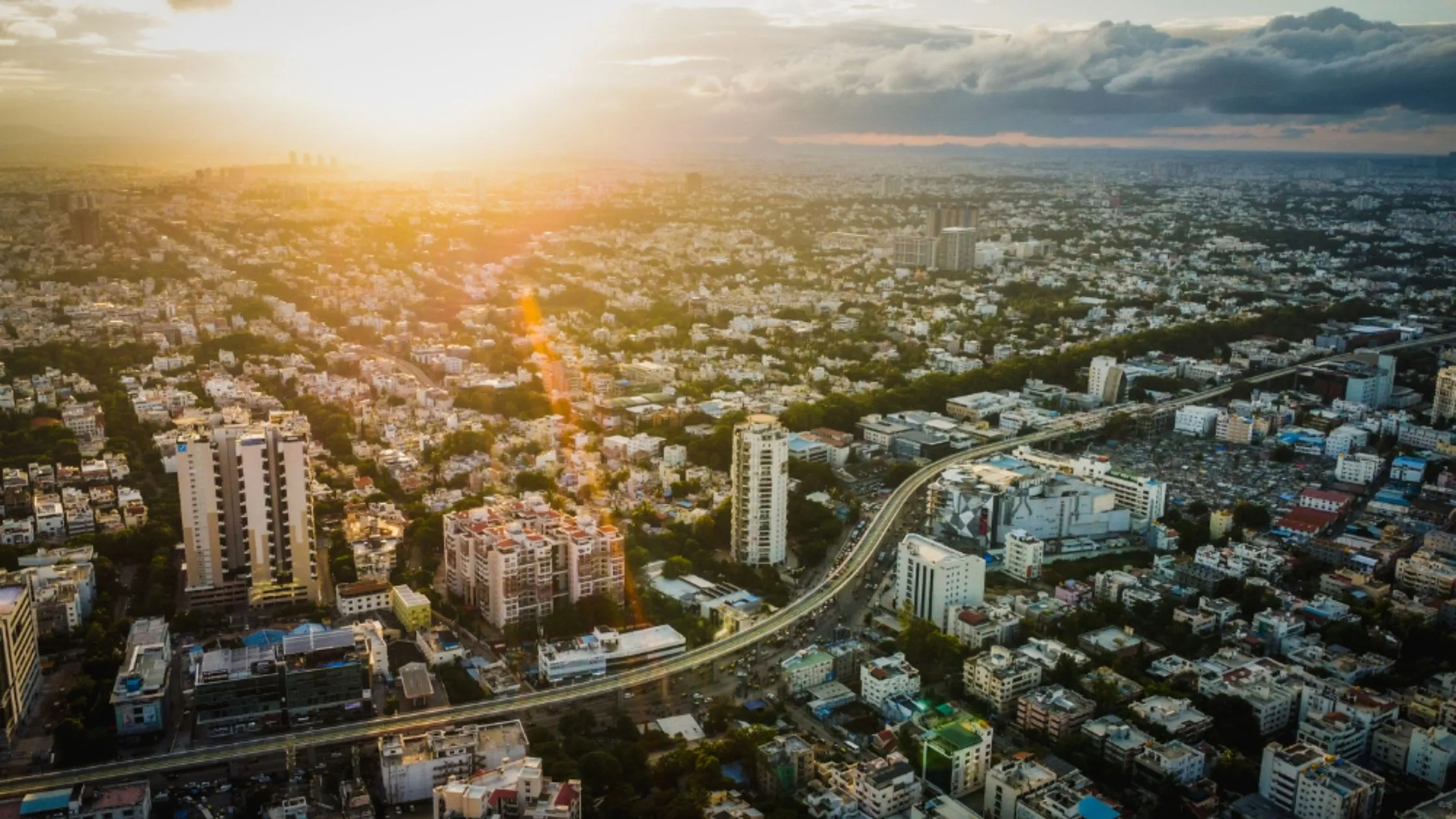
Ans 1. The Banglar Bari Housing Scheme is a new initiative by the West Bengal government to provide financial assistance to rural residents for building permanent homes.
Ans 2. The scheme is for individuals from the Economically Weaker Sections (EWS) category who do not own a permanent house and have land to build a new home.
Ans 3. Beneficiaries will receive Rs 1.20 lakh, distributed in two installments of Rs 60,000 each for building a pucca house. Some remote areas will receive Rs 1.30 lakh.
Ans 4. Applicants need to contact local rural and urban bodies in their area for identification as a potential beneficiary and submit required documents.
Ans 5. The first installment of Rs 60,000 has already been provided to 12 lakh beneficiaries. The remaining installments will be disbursed by the end of 2026.
Ans 6. You can reach the scheme officials through the helpline numbers (+033) 2337 8723, (+033) 2337 6226, or via email at wbsudadir@gmail.com.
Ans 7. The West Bengal government conducts surveys to identify eligible beneficiaries. A draft list is published, and claims and objections are verified before finalizing the list.
Ans 8. Yes, the scheme will cover 21 districts in West Bengal, with the goal of reaching 28 lakh beneficiaries by 2026. Some remote areas, like Junglemahal and Darjeeling Hills, will receive higher assistance.